Western powers seek condemnation of Syria over chemical sarin attacks
A report in April by a new investigations team at the Organisation for the Prohibition of Chemical Weapons (OPCW) found the Syrian air force used sarin gas and chlorine on the village of Lataminah in March 2017.
The team was set up in 2018 under Western pressure to identify the perpetrators of attacks. Previously, the watchdog could only say whether attacks had been carried out but not who was responsible.
France said the conclusions were "clear-cut" and called for the OPCW's executive council - its decision-making body comprising 41 of its 193 member states - to take action against Damascus for breaching the Chemical Weapons Convention.
"A broad group of states parties propose for the adoption by the council a draft decision that condemns the non-compliance of the Syrian regime with its obligations under the convention," French ambassador Luis Vassy told a meeting of the council.
Twitter Post
|
Finland said the council decision would demand that Syria cease all use of chemical weapons, provide a "full declaration" of its weapons programme and cooperate fully with the OPCW.
"The draft decision has been the subject of extensive consultations among states parties, and we hope for broad support for its adoption," Finnish ambassador Paivi Kaukoranta said.
The OPCW report in April found that two Syrian fighter jets dropped bombs containing the nerve agent sarin on Lataminah and that a helicopter dropped a barrel bomb full of chlorine on the village.
Any condemnation by the OPCW's executive council could set up a bigger vote at the annual meeting of all member countries in November.
Damascus and Moscow have dismissed the probe's conclusions, alleged that chemical weapons attacks were faked, and accused Western powers of politicising the OPCW, which won the Nobel Peace Prize in 2013.
Syria has continued to deny the use of chemical weapons and insists it has handed over its weapons stockpiles under a 2013 agreement, prompted by a suspected sarin attack that killed 1,400 in the Damascus suburb of Ghouta.
The latest push came as the United Nations is expected to vote to authorise cross-border aid in Syria, but with Russia expected to block the move with its veto, in support of Bashar al-Assad's regime which also opposes the plan.
The vote could end cross-border aid to Syria at a crucial time, when the coronavirus crisis threatens to kill thousands of vulnerable refugees.
UN humanitarian agencies' mandate to conduct cross-border aid operations into northwest Syria expires on 10 July.
The mandate allows UN agencies to deliver aid without the permission of the Assad regime, which has repeatedly blocked humanitarian supllies from reaching Kurdish-and opposition-held areas.
Agencies contributed to this report.
Follow us on Facebook, Twitter and Instagram to stay connected


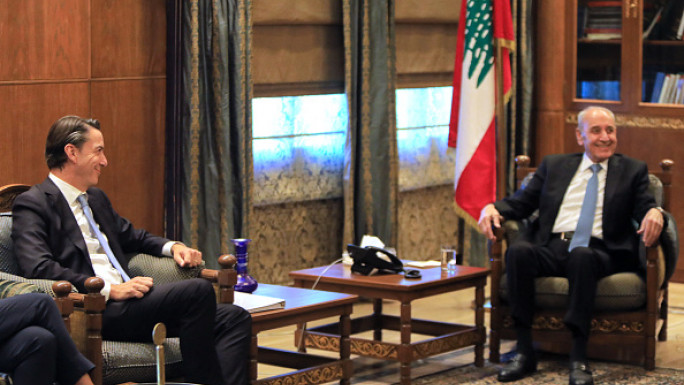
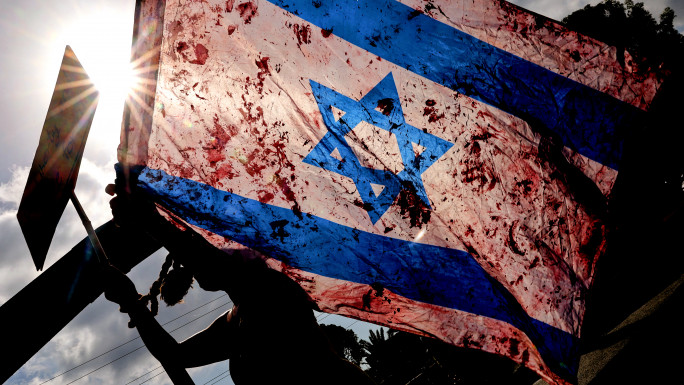
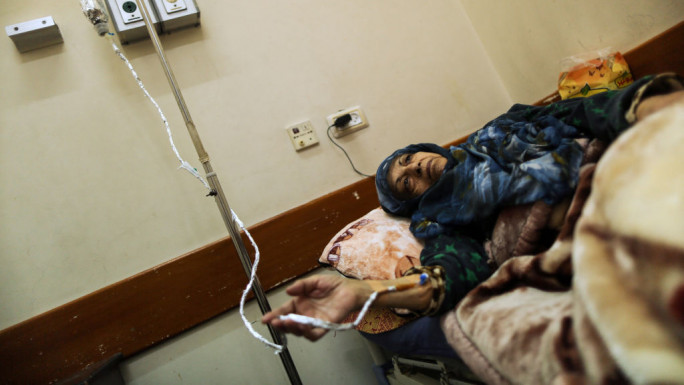
 Follow the Middle East's top stories in English at The New Arab on Google News
Follow the Middle East's top stories in English at The New Arab on Google News
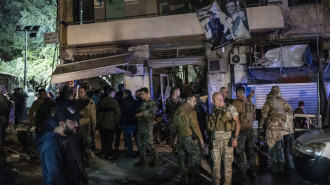
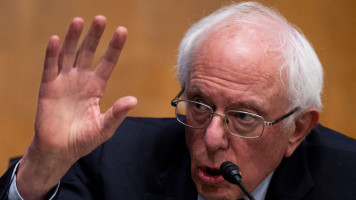
![Lebanon kicks off renowned Baalbek music festival [AFP] Lebanon kicks off renowned Baalbek music festival [AFP]](/sites/default/files/styles/image_330x185/public/media/images/78B7EF29-7112-4567-85CC-D0A28596B8F8.jpg?h=d1cb525d&itok=ZDzwoWGn)